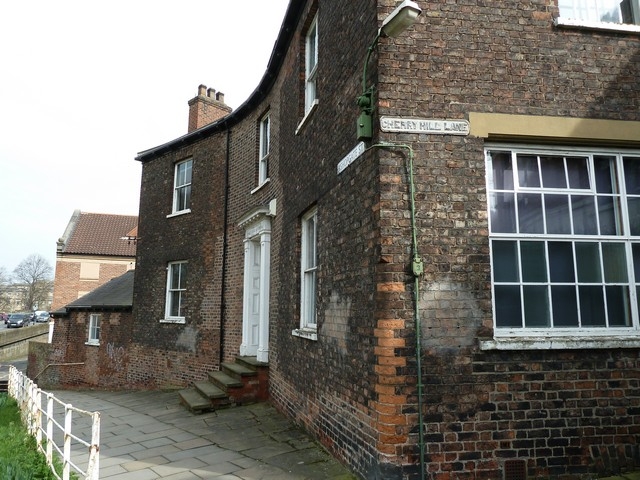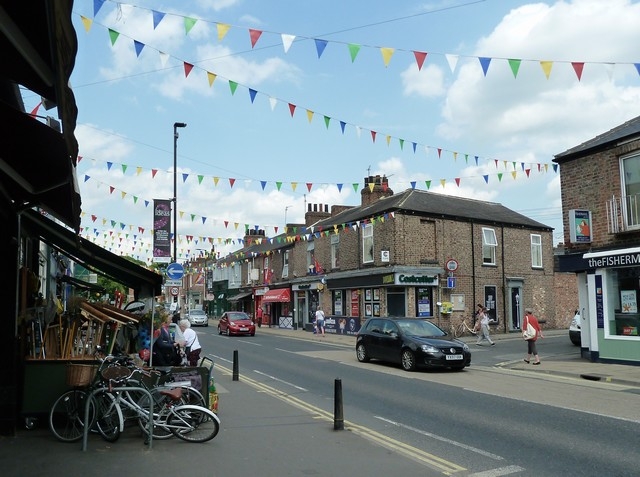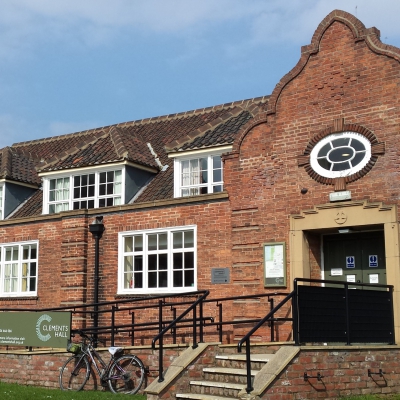
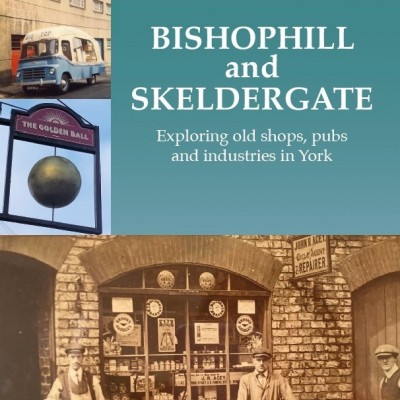


View navigation
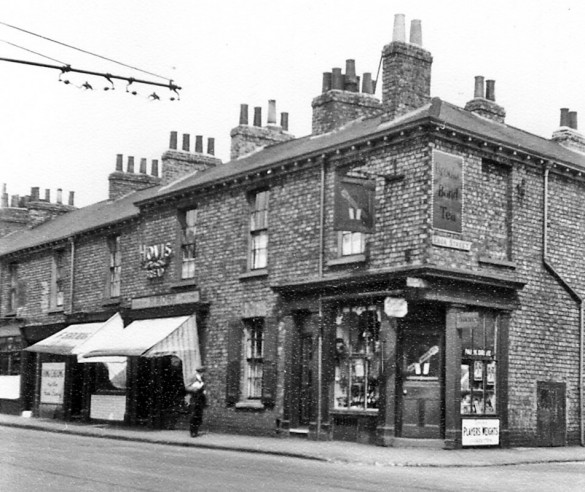
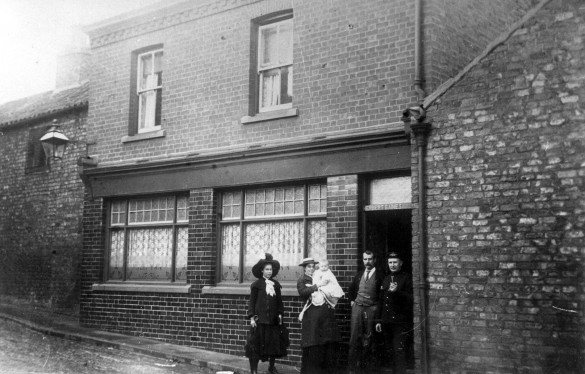
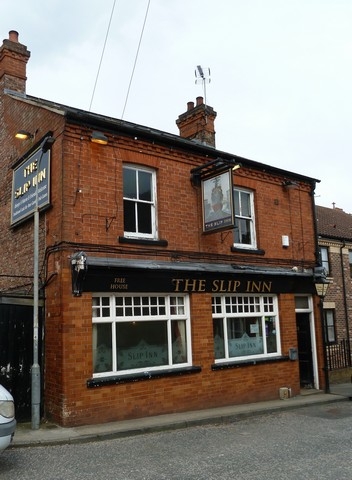
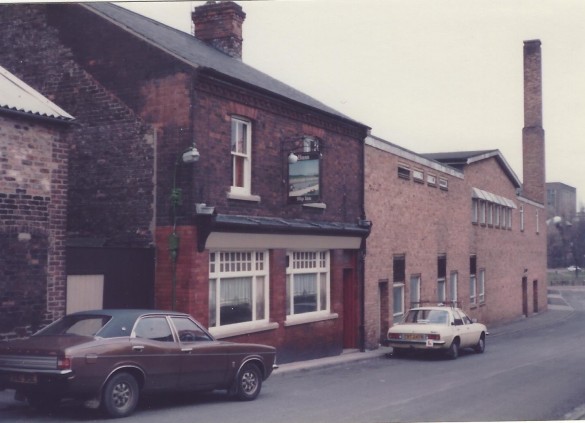
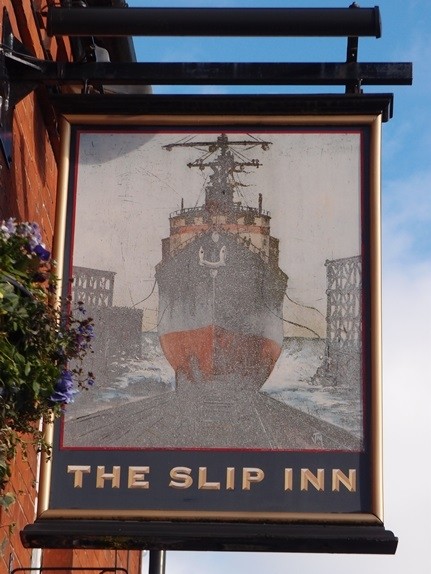
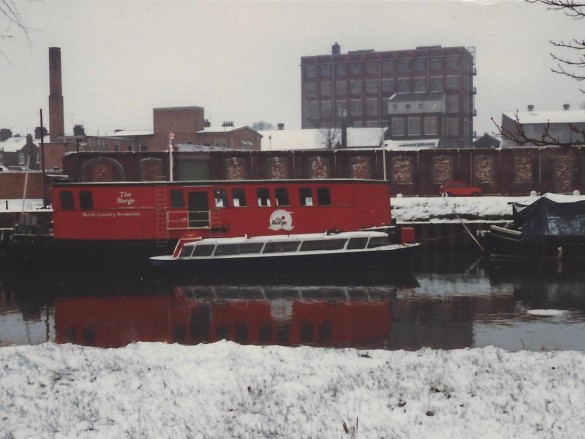 Just a quick footnote to Clementhorpe’s drinking history... The short-lived ‘Barge Pub’, a floating bar converted from an old barge, was moored on the Ouse at Clementhorpe. (Photo by Rob Stay, 1984)
Just a quick footnote to Clementhorpe’s drinking history... The short-lived ‘Barge Pub’, a floating bar converted from an old barge, was moored on the Ouse at Clementhorpe. (Photo by Rob Stay, 1984)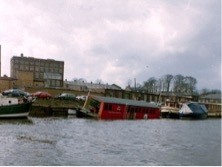 (Below) It sank in 1985 (Photo by York Press)
(Below) It sank in 1985 (Photo by York Press)